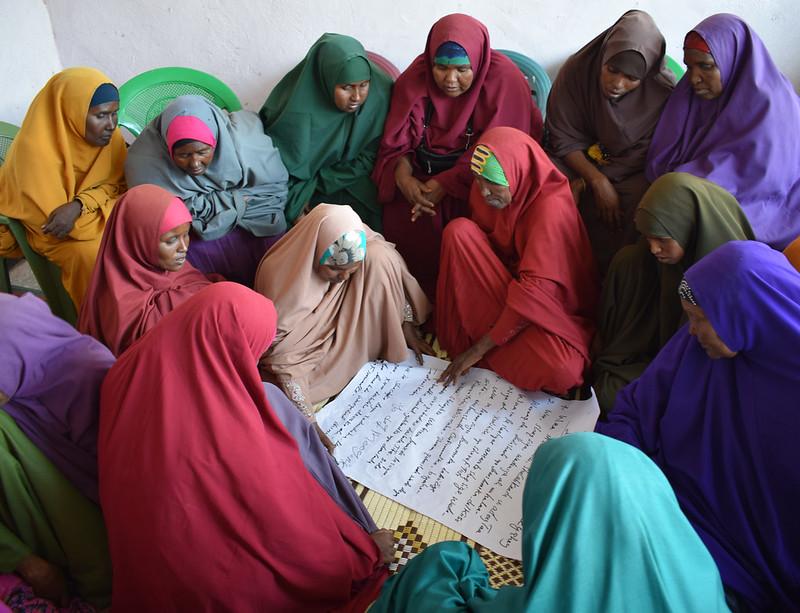Exploring the conflict blind spots in climate adaptation finance in the Sahel and Horn of Africa
This research accompanies the synthesis report ‘Exploring the conflict blind spots in climate adaptation finance’, which provides key recommendations based on the findings in this working paper.
This working paper forms part of SPARC’s aim to generate evidence to build the resilience of millions of pastoralists, agro-pastoralists and farmers in Sub-Saharan Africa and the Middle East. By taking a regional analysis of donor approaches to the implementation of adaptation finance in fragile and conflict affected situations in the Sahel and East Africa, this research aims to explore:
- Whether and how climate adaptation programmes have been conflict-sensitive in fragile and conflict-affected situations;
- The barriers to and enablers of increasing adaptation finance to these fragile and conflict- affected contexts.
Based on analysis of donor approaches to conflict sensitivity in the Sahel and Horn of Africa, a region with many many highly climate-vulnerable and conflict-affected countries, this paper takes a deep dive look into the findings from three separate country case studies on Mali, Somalia and Sudan.
The case studies explore the application of approaches to climate adaptation investments, their level of conflict sensitivity and the barriers to and enablers of adaptation financing in these context.
The paper finds:
- There remains a lack of donor strategies and policies linking climate change to conflict and fragility as well as a lack of expertise and incentives to cultivate human resources to support work at this nexus.
- Within countries, donors have tended to approach conflict sensitivity by avoiding militia-controlled areas and regions where insecurity and conflict levels were deemed too high. This tendency is influenced by donor’ risk perceptions and risk management processes;
- Adaptation programmes in Mali, Somalia and Sudan produced weak evidence of conflict-sensitive practices. Programme proposals did not provide consistent evidence that conflict analyses informed project design and implementation over the programme duration;
- Conflict risk analyses also tended to focus more on operational hazards – what an escalation in conflict might cause to an adaptation intervention – and less on the potential impacts of the intervention on conflict dynamics. In other words, most projects focused on being 'security aware'.
Read the key recommendations based on the findings in this research in the ‘Synthesis report: Exploring the conflict blind spots in climate adaptation finance’.
